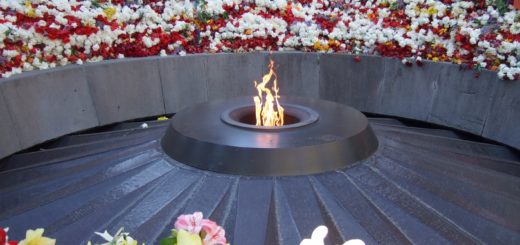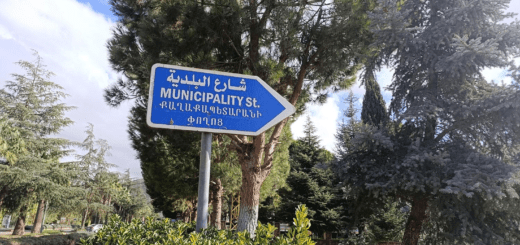Plan to digitize all Armenian manuscripts worldwide

The Mesrop Mashtots Research Institute of Ancient Manuscripts – Matenadaran, will launch an exclusive digital platform in early 2026 that will present images and descriptions of nearly all known Armenian manuscripts worldwide. The initiative aims to unite Armenia’s rich manuscript heritage in one accessible location.
According to Gurgen Gasparyan, Advisor to the Director of Matenadaran on New Technologies, since 2007, around 8,000 of the approximately 13,000 Armenian manuscripts housed at Matenadaran have been digitized and made available to the public.
“In terms of digitization principles, Matenadaran is a pioneer not only in Armenia but also in the region. The principles developed here serve as a model for other digitization centers,” Gasparyan told Armenpress.
He noted that over the years, Matenadaran’s digitization department has been equipped with state-of-the-art scanners, acquired through both government support and private donations, enabling the production of high-quality manuscript images.
According to Gasparyan the Matenadatarn is currently creating an electronic platform, a software program, through which manuscripts will be available to users via online interface.According to Gurgen Gasparyan, this will be an extensive program with many possibilities. It is planned to be launched in early 2026.
“Any Armenologist, researcher, or scientist will be able to find the information they are looking for within seconds,” he said.
He noted that there are approximately 35,000 to 40,000 Armenian manuscripts worldwide, with 12,000 to 13,000 preserved at Matenadaran in Yerevan. He noted that bringing all manuscripts physically to Armenia is nearly impossible, as foreign repositories are conservative and unlikely to agree to such transfers.
Gasparyan emphasized the importance of this large-scale initiative, highlighting its potential to further the international recognition of Armenian culture and advance the field of Armenology both in Armenia and abroad.
The program is funded by the Calouste Gulbenkian Foundation..





